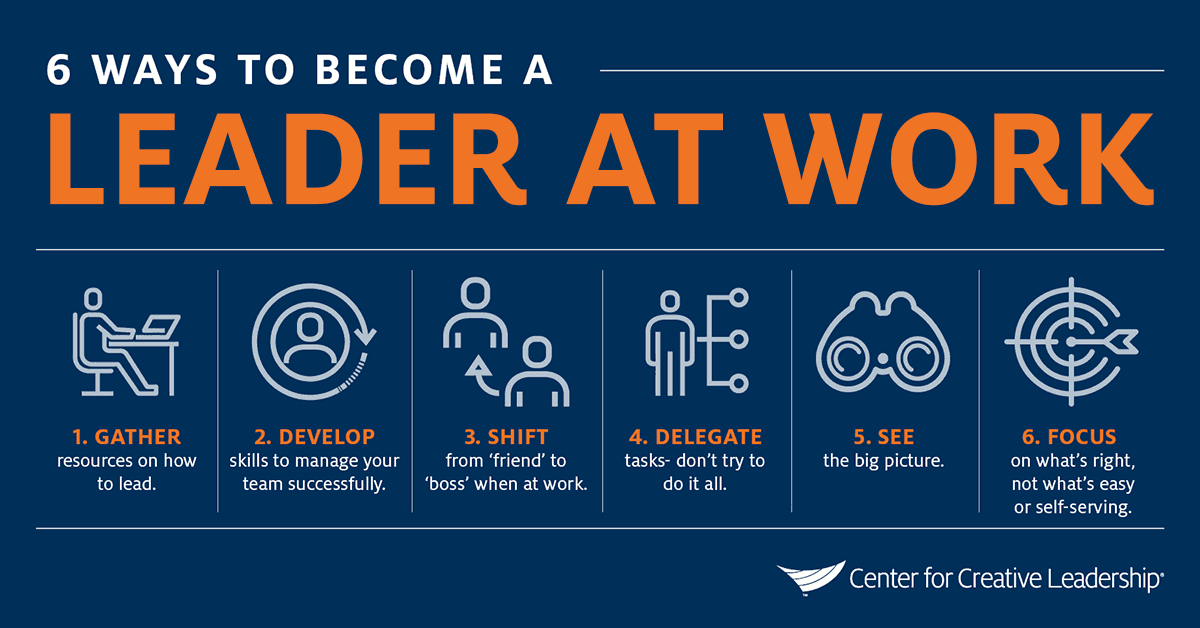How To Demonstrate Leadership In The Workplace

Imagine a bustling office, the air thick with the hum of keyboards and the murmur of conversations. A project deadline looms, stress levels are rising, and the team seems to be drifting aimlessly. Then, someone steps forward, not with a booming voice or demanding orders, but with a calm demeanor, a listening ear, and a plan to guide everyone back on track. This isn't necessarily the manager; it's someone demonstrating leadership in action.
The ability to demonstrate leadership isn't tied to a title or position. It's about influencing, inspiring, and guiding others towards a common goal, regardless of your place on the org chart. This article explores actionable ways to exhibit leadership qualities in the workplace, enhancing your own growth and contributing to a more positive and productive environment.
Understanding Leadership Beyond Titles
Leadership, often associated with executive roles, is fundamentally about influence. It's about inspiring colleagues, fostering collaboration, and driving positive change. It's a skill that can be cultivated and demonstrated by anyone, regardless of their job title.
According to a study by the Pew Research Center, employees who feel their voices are heard are significantly more engaged and productive. This highlights the importance of inclusive leadership that values diverse perspectives.
Practical Ways to Demonstrate Leadership
1. Active Listening and Empathy
Being a good listener is paramount. It means truly hearing what your colleagues are saying, both verbally and nonverbally. Show empathy by acknowledging their feelings and understanding their perspectives.
Instead of immediately offering solutions, try saying, "I understand this is challenging; tell me more about it." This creates a safe space for open communication and fosters trust.
2. Proactive Problem Solving
Don't wait for problems to escalate. Identify potential issues early on and propose solutions. Be proactive in offering assistance to colleagues who are struggling.
Think beyond your immediate responsibilities and consider how your actions impact the team as a whole. This demonstrates a commitment to the collective success, a key attribute of a leader. For example, “I noticed that we always run out of printing paper, I am happy to take the initiative and order it for the team.”
3. Effective Communication
Clear and concise communication is crucial. Be transparent and honest in your interactions. Share information openly and keep your team informed of progress and challenges.
According to research by the Society for Human Resource Management (SHRM), poor communication is a leading cause of workplace conflict and inefficiency. Make sure you are delivering the right information to the right people at the right time.
4. Taking Initiative and Ownership
Volunteer for new projects or challenges. Take ownership of your work and be accountable for your results. Don't be afraid to step outside your comfort zone.
By consistently demonstrating initiative, you show your commitment to growth and your willingness to go the extra mile. This inspires others to do the same.
5. Supporting and Mentoring Others
Share your knowledge and expertise with your colleagues. Offer guidance and support to those who are less experienced. Be a mentor and help others develop their skills.
Mentorship not only benefits the mentee but also enhances your own leadership skills. It provides an opportunity to refine your communication, build empathy, and foster a culture of collaboration.
6. Leading by Example
Your actions speak louder than words. Demonstrate the behaviors you want to see in others. Be punctual, respectful, and dedicated to your work.
Integrity and consistency are essential for building trust and inspiring confidence. Leading by example is the most powerful form of leadership.
The Ripple Effect of Leadership
Demonstrating leadership, regardless of your position, creates a ripple effect throughout the workplace. It fosters a more positive, productive, and collaborative environment. It also contributes to your own personal and professional growth.
Remember, leadership isn't about authority; it's about service. By focusing on supporting and empowering others, you'll naturally emerge as a leader, influencing those around you to achieve their full potential.
Think back to the bustling office scenario. The individual who stepped up didn't need a title or permission. They simply recognized a need and used their skills and influence to guide the team towards success. You, too, can be that person.


![How To Demonstrate Leadership In The Workplace 8 Tips To Demonstrate Leadership At Work [Infographic] | Engagedly](https://engagedly.com/wp-content/uploads/2017/12/Leadership1-410x1024.png)
![How To Demonstrate Leadership In The Workplace 8 Tips To Demonstrate Leadership At Work [Infographic] | Engagedly](https://engagedly.com/wp-content/uploads/2017/12/Leadership2.png)














